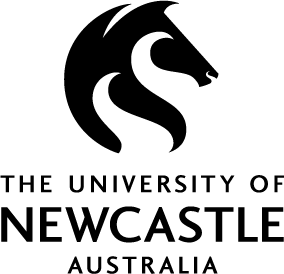Electrical engineers are employed in utilities, industry, manufacturing, consulting services and electronic design and development. Graduates might focus on electronics engineering. They could specialise in automation and control engineering, or they may work in robotic engineering or power generation and distribution. Average starting salaries for engineers are great – more than $80,000 per annum.
Electrical engineering is flexible and diverse. You may prefer hands-on fieldwork, design and development, or a leadership role managing people and projects. Typical positions include:
- telecommunications equipment designer
- electrical design engineer
- automatic systems designer
- robotics engineer
- biomedical instrumentation designer
- renewable energy systems engineer
Remarkably, engineering is the most commonly held degree among the highest performing Fortune 500 CEOs – the CEOs of companies such as Google, Microsoft, Amazon and Tesla Motors are all engineers.
The combined degree advantage: Your advanced mathematics skills will help ensure you can progress to senior engineering roles, explore research and development fields or open up other possibilities in data analysis, finance, stock-market prediction, risk analysis.
